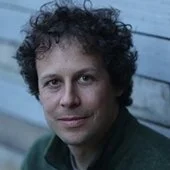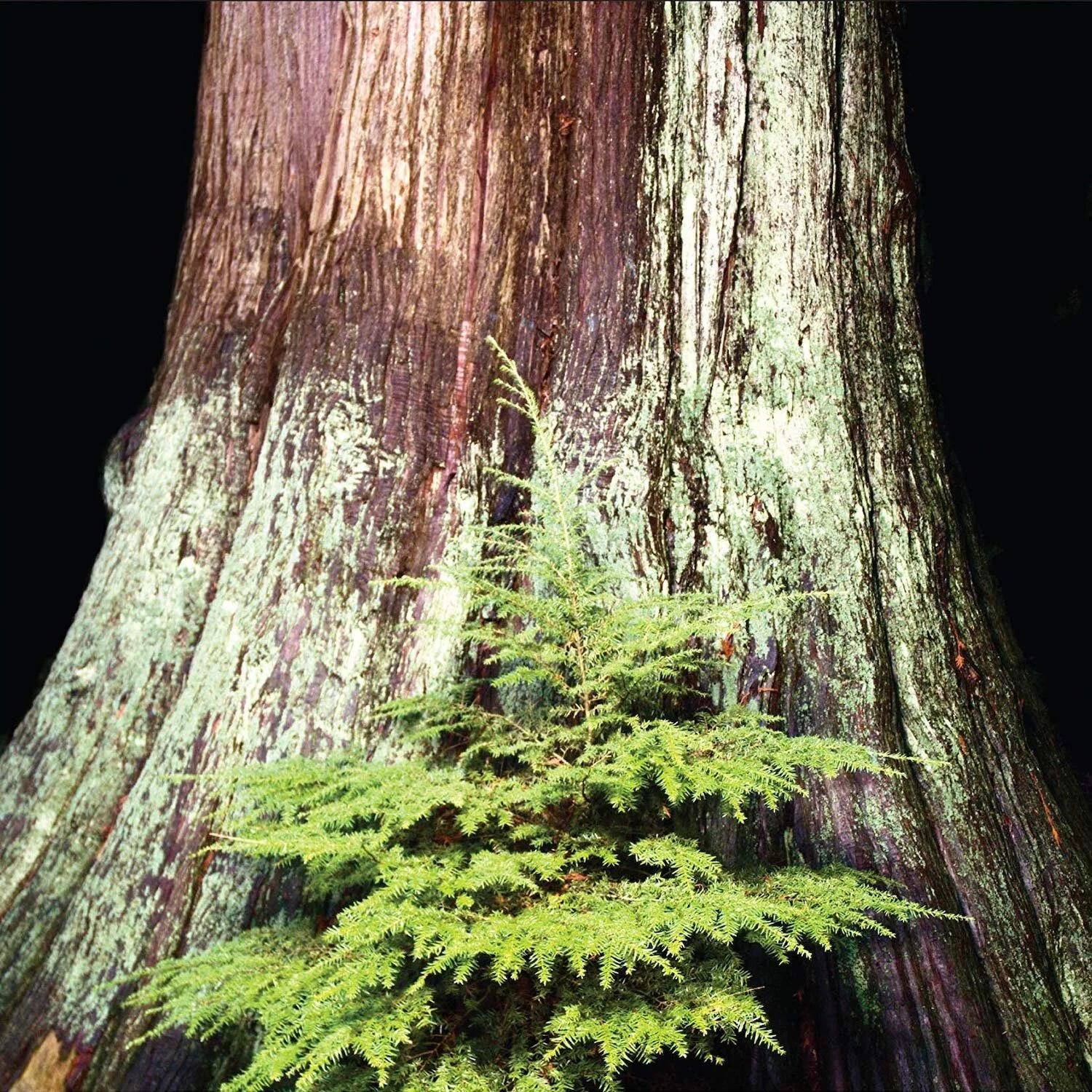How can we meet the Climate Accords thru Environmental Credit Solutions? with BILL FLEDERBACH
/President & CEO of ClimeCo
You'll hear ClimeCo speak a lot about market-based solutions because oftentimes, to really drive change in the market when a company is looking at ways to decarbonize, the first thing they typically do is look within their own operations. How can they get decarbonized? What's the cost of decarbonization? We call it the marginal abatement. Can they decarbonize with the technologies that exist? Oftentimes, those technologies exist outside of their operations. The benefit of the environmental markets allows companies to invest in projects that have a reasonable marginal cost.




















